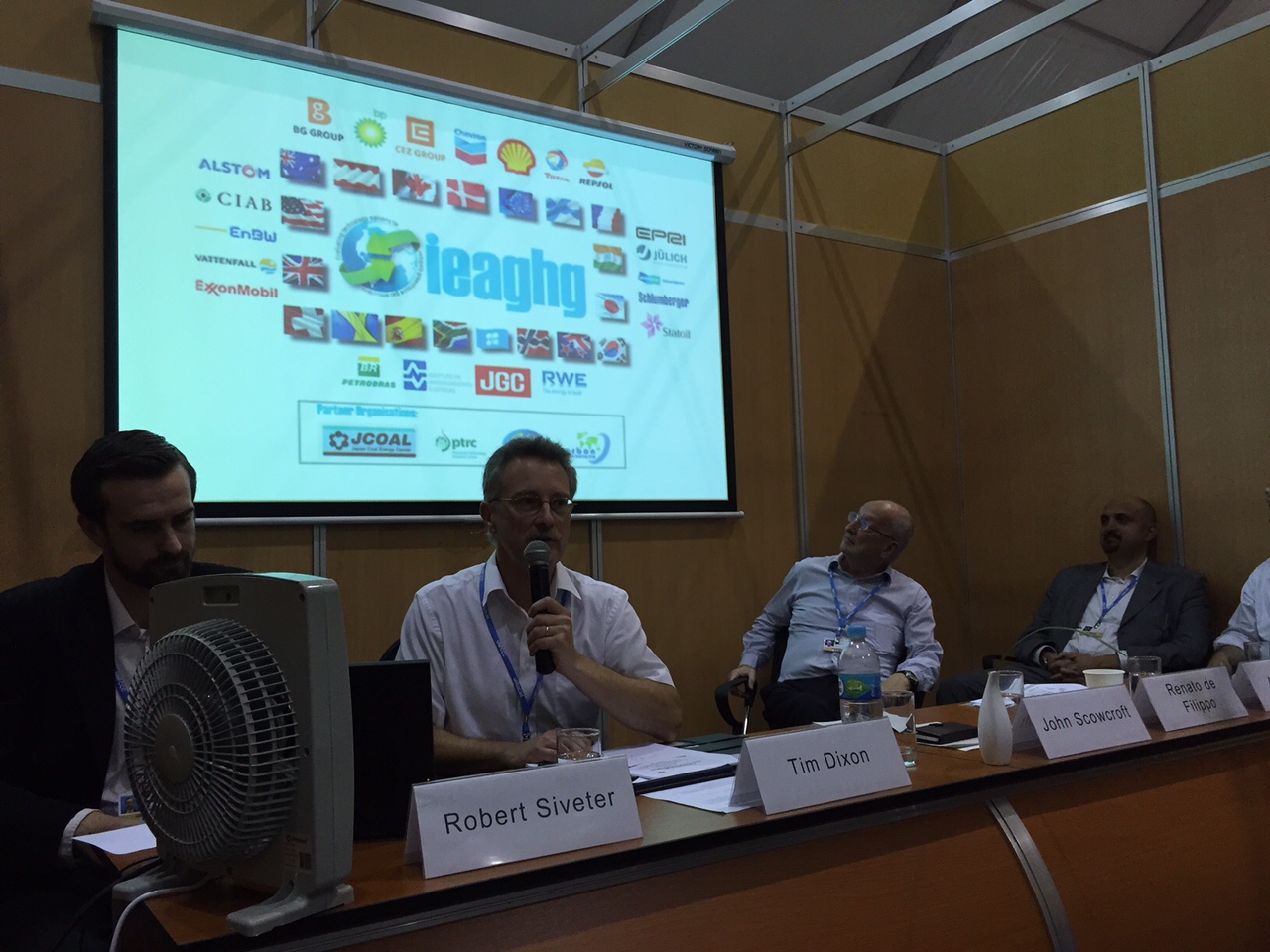 The COP is half way through in the hjosir temperatures and strong sun in Lima. The hosts have provided a practical, clean and spacious tented venue, although some of the smaller event rooms are unbelievably hot, and the commuting is long in Lima’s infamous traffic. Lima does have a reputation for good food, and the COP venue is upholding that well (although I probably won’t choose guinea pig again - not just because of my daughter’s protests).
The COP is half way through in the hjosir temperatures and strong sun in Lima. The hosts have provided a practical, clean and spacious tented venue, although some of the smaller event rooms are unbelievably hot, and the commuting is long in Lima’s infamous traffic. Lima does have a reputation for good food, and the COP venue is upholding that well (although I probably won’t choose guinea pig again - not just because of my daughter’s protests).
The most important aspects of the negotiations, those under ADP working towards a global climate agreement for the Paris COP next year, seem to be making progress in that they have draft text to work through (a new version today) albeit called “Elements for a draft negotiating text” and it consists of many options under most of its sections, but at least it is a start. Let us see what its status will be at the end of this COP, the time pressure is on for the basis of something to be agreed in Paris next year.
In terms of CCS, the IEA’s work on how different UNFCCC mechanisms and funds could support CCS activities has been well presented by Ellina Levina at the IEA’s Energy Day. The few side-events related to CCS have attracted much attention, some of it negative. I’ve been surprised by the apparently increasing anti-fossil energy views being expressed here, and still basic questions on the need for and viability and safety of CCS deployed at scale. It appears the IPCC AR5’s conclusions are being somewhat overlooked by some.
The booth of the University of Texas shared with IEAGHG has been suitably busy, there continues a hunger for information on CCS, especially from developing countries. Please drop by if you are here (booth 44).
IEAGHG was invited to present on “CCS as a Critical Part of the Carbon Budget” in an IPIECA side-event on ‘Unburnable carbon in the context of the future energy system’. The IEA’s assessments of low carbon technologies in future energy systems and the IPCC AR5 provide strong justification for the role of CCS. The investment in and value of fossil energy reserves and resources appears to be of increasing concern to stakeholders, with the Bank of England launching a review on this topic in the perspective of stranded assets, ‘unburnable carbon’ and hence risks to financial stability. So it seems CCS is becoming increasingly important to the finance sector also.



